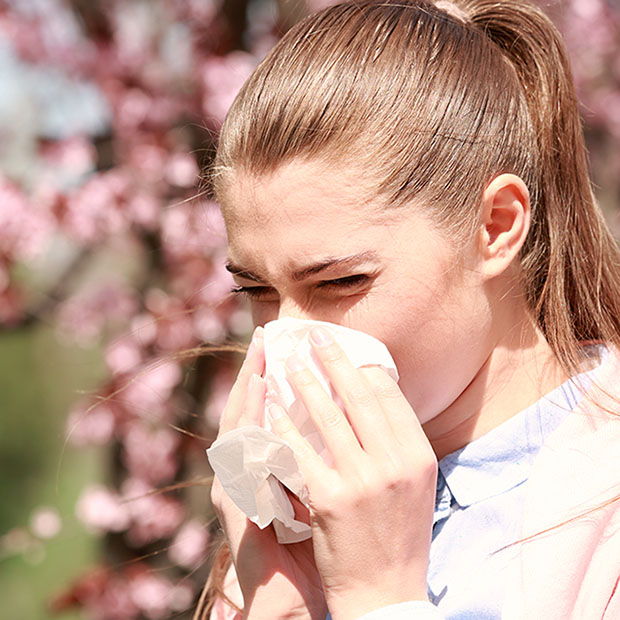Our Eyes Versus Seasonal Allergies

Ready to navigate the irritations of seasonal allergies?
Seasonal allergies are more than just a nuisance; for many, they are a significant disruptor of daily life, especially when it comes to eye health. Each year, as plants release pollen into the air, millions of people begin their battle with allergy symptoms. Among the most common and uncomfortable are the effects on our eyes, leading to what is commonly referred to as allergic conjunctivitis. This blog post explores what seasonal allergies are, how they affect our eyes, and what we can do to minimize these effects.
Understanding Seasonal Allergies
Seasonal allergies, also known as hay fever or allergic rhinitis, occur when the immune system reacts to airborne particles that are typically harmless, such as pollen from trees, grasses, and weeds. When these particles enter the body through the nose and eyes, the immune system mistakenly identifies them as dangerous, releasing chemicals like histamine to combat these intruders. This immune response triggers symptoms that can affect the nose, sinuses, throat, and particularly the eyes.
How Seasonal Allergies Affect Our Eyes
When allergens affect the eyes, they can cause an allergic reaction that leads to allergic conjunctivitis. This condition makes the eyes red, itchy, and watery, creating a great deal of discomfort. The primary symptoms include:
- Redness: Allergens trigger the release of histamine, which dilates blood vessels, causing the eyes to appear reddened.
- Itchiness: This is perhaps the most distressing symptom, driven by the inflammatory response to allergens.
- Swelling: The eyes may puff up due to inflammation and an accumulation of fluids.
- Watering: To flush out allergens, eyes might produce excess tears, leading to watery eyes.
These symptoms not only cause discomfort but can also interfere with daily activities and decrease quality of life during allergy season.
Minimizing the Effects of Seasonal Allergies on the Eyes
While completely avoiding allergens can be challenging, especially during peak seasons, there are several strategies to minimize their impact on your eyes:
- Limit Exposure: Keep windows closed during high pollen days to prevent allergens from entering your home. Wear sunglasses outdoors to shield your eyes from pollen.
- Maintain Cleanliness: Wash your hands frequently, and avoid rubbing your eyes to prevent transferring pollen to them. Shower and wash your hair before bed to remove any allergens.
- Use Artificial Tears: Over-the-counter lubricating eye drops can help flush out allergens from your eyes and provide temporary relief from dryness and irritation.
- Consider Medications: Antihistamine eye drops or oral antihistamines can reduce symptoms by blocking the action of histamine. Always consult with an eye care professional before starting any new medication.
- Regular Cleaning: Frequent vacuuming and dusting can help reduce indoor allergens, such as pet dander and indoor molds, which can exacerbate eye symptoms.
Consulting Your Optometrist
If seasonal allergies are affecting your eyes, consulting with an optometrist can provide further guidance and treatment options. They may recommend prescription-strength eye drops, allergy shots, or other therapies to better manage your symptoms.
As we navigate the challenges posed by seasonal allergies, understanding how to protect our eyes can help maintain both comfort and clarity throughout the allergy season. Remember, while allergies can be troublesome, they don’t have to dominate your life. With the right strategies, you can enjoy the beauty of every season, with clear and comfortable vision.
